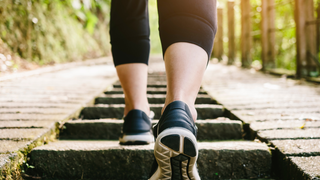Natural Setting, Natural Benefits
When we exercise outdoors, we are directly exposed to nature and its elements. Sunlight provides us with vitamin D, which is important for strong bones and a healthy immune system. Natural light also boosts our mood and can help alleviate the symptoms of seasonal affective disorder (SAD).
The freshness of the air
Outdoor air quality is often better than indoors, especially when we're in parks or forests. Breathing fresh air while moving not only increases oxygen supply to our brains but also promotes more efficient breathing.
A dose of green for more well-being
Studies show that being surrounded by green spaces improves well-being, reduces stress, and can even accelerate recovery from illness. The greenery of nature has a calming effect and can increase concentration and attention.
Movement and social interaction
Outdoor activities often provide opportunities to meet other people and cultivate social connections. Whether at organized sporting events or through chance encounters, the social component is a valuable aspect of outdoor exercise.
Tips for getting started
It's easy to incorporate outdoor exercise into your daily routine:
- Start with short walks and gradually increase the intensity.
- Use your lunch break for a quick tour.
- Move workouts from indoors to outdoors when the weather permits.
- Explore new trails or parks to encourage curiosity and maintain motivation.









